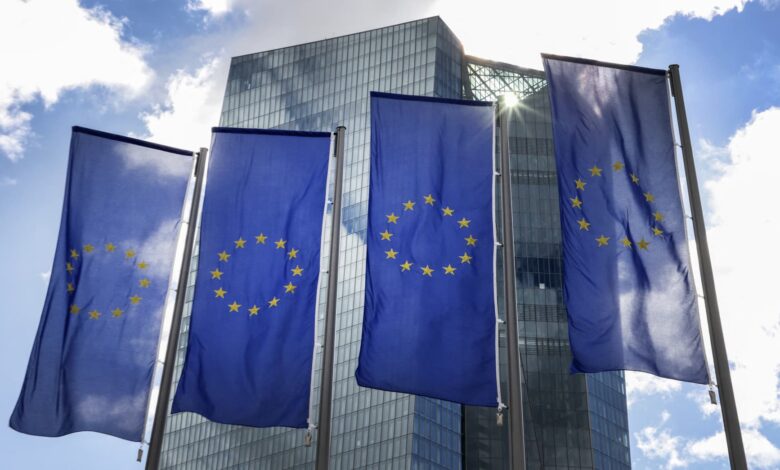
In an era where digitalization is reshaping the landscape of financial transactions, the European Central Bank (ECB) is at the forefront with its innovative vision of a digital Euro. Conceptualized since 2021, this digital currency aims to accelerate Europe’s transition towards a more secure and convenient online payment infrastructure. Designed to be as accessible and risk-free as traditional cash, the digital Euro promises to be a game-changer in the financial world. However, its path has been anything but smooth, with political debates and controversies marking its journey.
The Ongoing Regulatory Tug-of-War
The European Union is experiencing a significant “tug-of-war” over the regulatory framework for the digital Euro. According to Politico, some EU governments, including influential players like Germany and France, have expressed concerns about how the ECB intends to regulate this new form of currency. A critical point of contention is the amount of digital currency that individuals can hold in central bank-backed wallets. Both sides are wary of potential disruptions to the region’s banking system if the regulatory framework is not meticulously crafted.
Digital Euro: So What’s The Limit?
At the heart of the digital Euro discussions is the question of limits on consumer-held digital funds. The debate centers around whether imposing a cap on wallet holdings is necessary. Some technocrats and politicians argue that a higher limit could lead to massive withdrawals from traditional banks during financial crises, threatening the stability of the banking system. On the other hand, skeptics of the cap warn it could infringe on personal financial freedoms, potentially leading to a “Big Brother” surveillance scenario.
In essence, the debates surrounding the digital Euro boil down to one fundamental issue: how will the ECB balance control and freedom? Observers note that many EU countries are reacting to the ECB’s growing influence over the financial system. One diplomat succinctly described the situation as a struggle for “power.”
ECB’s Commitment To Digital Euro Comes At A Cost
The concept of a national digital currency gained traction in 2019, following Facebook’s unsuccessful attempt to launch Libra, a global cryptocurrency. This failure prompted over 100 central banks worldwide to revisit their digital currency strategies. While many initiatives stalled, the ECB’s digital Euro project persevered. The digital Euro is envisioned as a robust alternative to traditional payment systems, potentially reducing reliance on non-EU and US systems.
However, the ECB’s unwavering dedication to the digital Euro has raised concerns among some EU member states. They perceive the central bank’s plans as overly “technocratic” and are calling for greater dialogue. Brussels, for example, is leveraging political pressure to shape the currency’s design and ensure it aligns with diverse national interests.
Differing Views Among EU Members
The current draft regulations empower the ECB to determine the limits on digital funds in user wallets, a decision that has sparked debate. While the ECB maintains control over money supply adjustments, at least nine EU member countries, including Germany, the Netherlands, and France, advocate for shared decision-making authority. These nations argue that the digital Euro should not be solely a monetary instrument but a comprehensive financial service affecting all Europeans.
Diplomats emphasize the importance of political collaboration, underscoring that the digital Euro’s impact extends beyond monetary policy to influence the broader financial landscape across Europe.







